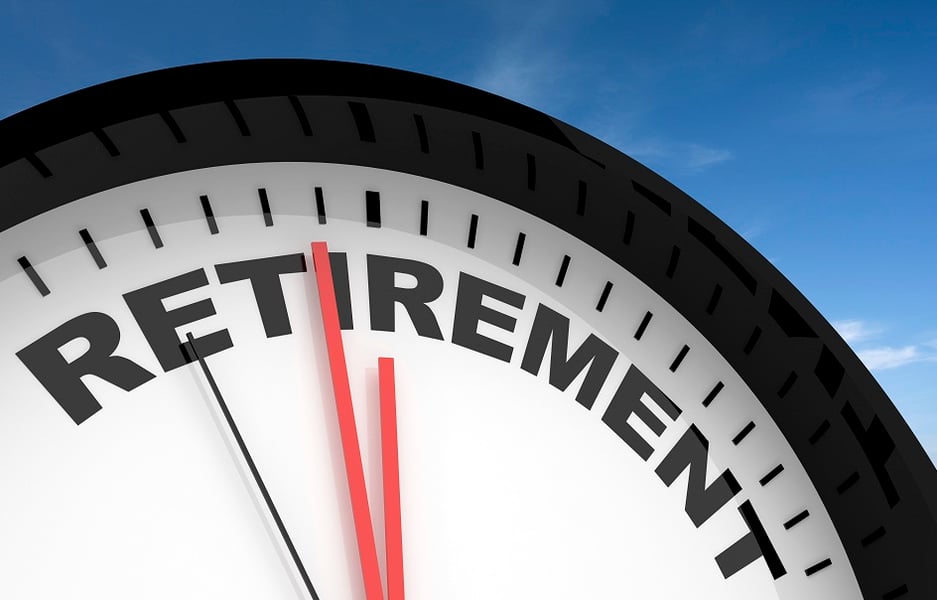This is National Retirement Planning Week. From April 13 through 17, you can expect to hear from a coalition of financial services firms and consumer advocates as they sound the alarm about the coming retirement crises.
Numerous experts will stress that the only way for most Americans to bridge the yawning gap between their retirement income needs and their meager nest eggs is to start saving earlier and to plan to work longer. They'll add a pitch about the importance of working with a financial adviser to make an achievable retirement plan and to stick with it.
But first, let's take time for a reality check from real people who have already retired.
A recent survey of retirees between the ages of 62 and 70 with investable assets of $100,000 or more revealed that nearly half of them wished they had retired sooner. The survey, conducted for New York Life Insurance Co., a leading provider of fixed immediate and deferred annuities, found the average sweet spot of earlier retirement was four years sooner than respondents had actually retired.
“Much of the dialogue around retirement has been focused on people enjoying longer lives and ensuring they don't run out of money,” said David Cruz, senior managing director of New York Life. “What the survey shows is that retirees, if given the opportunity, would want four or five years at the front end of their retirement when they are healthy, most active and able to get the most out of their retirement savings.”
Sadly, for many aging baby boomers nearing traditional retirement age, dreams of a golden age of leisure may be a fading fantasy.
The Insured Retirement Institute, an association of annuity providers and distributors, says that baby boomers' confidence in having sufficient savings to last throughout retirement has dropped to a five-year low. Releasing its fifth annual survey on retirement confidence to kick off National Retirement Planning Week, the IRI report found only 27% of boomers are highly confident their savings will last.
The report also found that only 19% of boomers, defined as those people born from 1946 through 1964, have saved $250,000 or more for retirement. Meanwhile 40% of boomers, who now range in age from 51 to 69, report having no retirement savings.
In the past year, 24% of the more than 800 preretirees who participated in the online survey conducted in January said they postponed their retirement date, and 28% said they expected to retire at age 70 or later.
While 28% of respondents believe they will have sufficient funds to cover their medical expenses in retirement, only 19% believe they will be able to cover any long-term care needs. Nearly six in 10 boomers admitted to making no preparations for future cognitive issues such as documenting their financial affairs and recording their wishes.
“These numbers suggest that uncertainty is creeping in, and more baby boomers are doubting their ability to make their savings last,” IRI president Cathy Weatherford said during a webcast Monday to release the report.
Boomers who own annuities are more than twice as likely to be highly confident that their savings will last throughout retirement compared to boomers without annuities, according to the report. And nearly nine in 10 boomers who plan for retirement with the help of a financial professional say they are better prepared as a result of their adviser's help.
Bruce Ferris, newly elected chairman of IRI's board of directors and president of Prudential Annuities Distributors, pointed to several white papers on Prudential's site, including one on secure retirement income. That report, titled “Should Americans Be Insuring Their Retirement Income?” discusses the impact increased longevity, market uncertainty and an extended period of low interest rates can have on retirement income. Find that paper
here.
(Questions about Social Security? Find the answers in my ebook.)







